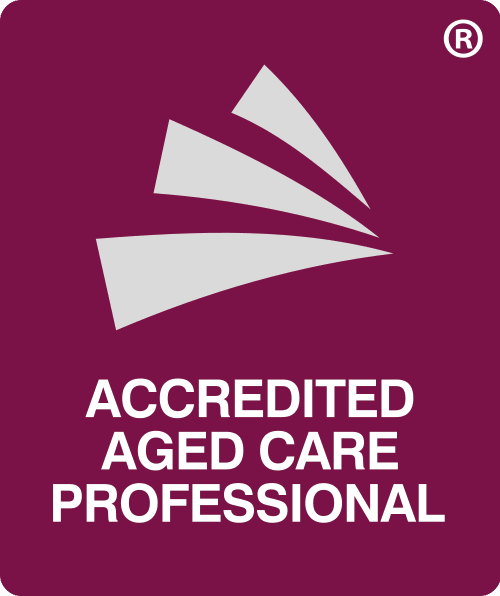Do you know what assets are included in your estate when you die?
Most people believe that when they die, everything they own forms part of their estate irrespective of how the asset may be held (owned). As you will discover, this is not always the case.
Consider classifying your assets into four buckets based on their ownership:
1. Automatic transition
2. Directed assets
3. Assets not under ownership
4. Estate assets
1. Automatic transition
These are assets that transfer automatically on death such as assets owned jointly. This can include joint bank accounts, your home owned jointly with a spouse, home contents, investment properties etc. Assets owned jointly will pass directly to the surviving joint owner. These jointly held assets do not form part of your estate. Automatic transition assets also include reversionary pensions. In other words, your pension where you have nominated a reversionary beneficiary.
2. Directed assets
The most common form of directed asset is your superannuation where you have provided a Binding Death Benefit Nomination (BDBN). Where a BDBN has been made, the trustee of the fund will pay out the member proceeds in accordance with that nomination. In this case, the superannuation balance does not form part of your estate. If you have a life insurance policy (outside your superannuation fund) and you have nominated a beneficiary of the policy, this will pass directly to the nominated beneficiary and not be included in your estate.
3. Assets not under ownership
Where you own a business or investments in an entity such as a trust or company, the assets held within the company, trust and your superannuation fund are not included in your estate.
4. Estate assets
So, what is included in your estate?
All the remaining assets which are owned directly by you form part of your estate. For example, a car, bank account in your name, shares/investment in your name as well as the following:
- Loans owing to you (including trust/company loans) or that you owe to others;
- Superannuation fund balances where no BDBN has been made or you have nominated your Legal Personal Representative (executor);
- Assets held as tenants in common;
- Life insurance (held outside superannuation) without a nomination.
Don’t forget to consider any outstanding liabilities such as loans (bank, trust or company), tax liabilities (current and future) as well as any guarantees you may have provided.
The most important consideration relating to your estate is to ensure that you have a correctly drafted Will in place. Consider your officeholding and shareholding positions of private companies/trusts and ensure they are covered in your Will (and nominate a beneficiary/successor).
Over the next few newsletters/blogs we will discuss what happens if you die intestate (without a Will) and what are death benefit nominations.
Aged Care Pathways WA can guide you on your estate planning and aged care journey. Call us on 1300 127 284 to make an appointment.
Factual Advice Warning: Any information provided in this website is purely factual in nature and does not take into account your personal objectives, situation or needs. The information is objectively ascertainable and is not intended to imply any recommendation or opinion. This does not constitute financial product advice under the Corporations Act 2001 (Cth).


